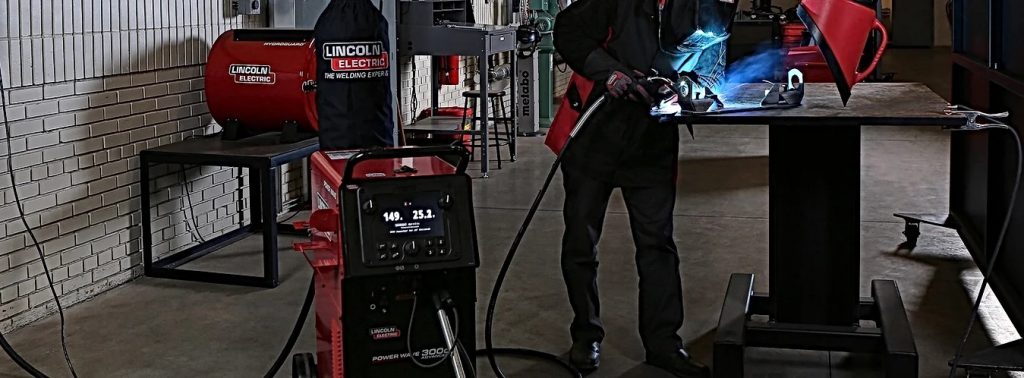What Is The Difference Between AC And DC Welding Machines?

Welding machines come in two types: AC and DC. The main difference between these two types of welding machines is the type of current they produce. AC stands for alternating current, while DC stands for direct current. Understanding the differences between AC and DC welding machines is essential for selecting the suitable welding machine for your welding job. Visit this site to buy Lincoln welding machine online.
AC welding machines
AC welding machines produce an electrical current that alternates between positive and negative at a set frequency, typically 60 cycles per second (60Hz). This means that the polarity of the wind is constantly changing. AC welding machines are commonly used for welding materials such as aluminum and magnesium.
The main advantage of AC welding machines is that they produce a cleaning action that helps remove any oxides or impurities from the surface of the metal being welded. This cleaning action is due to the constant change in polarity, which causes the weld to have a cleaner and more stable appearance.
However, AC welding machines do have their drawbacks. The constantly changing polarity can make it challenging to maintain a stable arc, resulting in a less controlled and precise weld. Additionally, AC welding machines may produce significant electromagnetic interference, which can interfere with other nearby electronic devices.
DC welding machines
DC welding machines produce a constant flow of electrical current in one direction. DC welding machines have two types: DCEN (direct current electrode negative) and DCEP (direct current electrode positive). DCEN machines produce a negative electrode, while DCEP machines produce a positive electrode.
The main advantage of DC welding machines is that they provide a more stable arc than AC welding machines, making it easier to control and produce a more precise weld. Additionally, DC welding machines have less electromagnetic interference than AC welding machines.
However, DC welding machines produce a different cleaning action than AC welding machines, which can result in a less clean and less stable weld. Additionally, DC welding machines are typically less effective at welding materials such as aluminum and magnesium.
The choice between an AC or DC welding machine depends on the specific welding job. Understanding the differences between AC and DC welding machines is essential for selecting the suitable device for your welding needs.